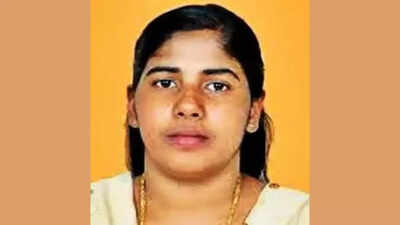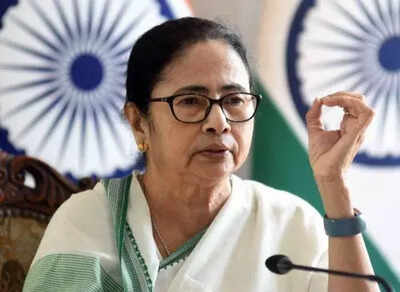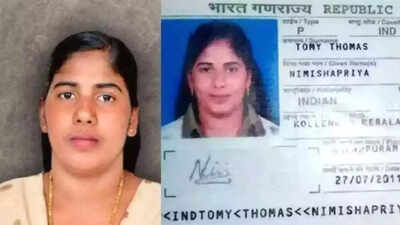Nimisha Priya death sentence case: How Blood Money payment works under Sharia Law? | India News

Yemen has stayed the execution of nurse Nimisha Priya in a murder case, with hope resting on the kin of the deceased agreeing to settle for indemnityThe Centre has told the Supreme Court that payment of blood money is the only option left for saving Kerala-origin nurse Nimisha Priya from the death row in Yemen. Such payments are permitted under Sharia law, the system of jurisprudence practised in many Islamic countries. Here’s how it works:What is Sharia?Sharia is an Arabic term meaning “the way” or “the correct path”. It embodies rules and principles derived from the Quran, the Islamic holy book that is regarded as the direct word of God, and the Hadith, which represent the sayings and actions of Prophet Muhammad. Sharia, thus, is taken to lay down how Muslims should conduct themselves in their personal lives, social and commercial dealings, and spiritual pursuits.The legal dimension of Sharia is based on interpretations by Islamic jurists through a process known as ‘fiqh’. These interpretations ensure the adaptability of precepts of the Sharia to evolving practical realities. So, while Sharia is not synonymous with Islamic law, the latter is derived from the Sharia based on fiqh. Given that interpretations stretch across time and geographies, there can be varying reckoning of Islamic laws based on the Sharia.

What is Blood Money?The concept of retaliation is recognised in Sharia law based on ‘qisas’, or the principle of ‘an eye for an eye’. In the case of murder, it means that the kin of the victim can demand death as punishment for the culprit. However, Sharia also allows for payment of ‘diya’, that is, compensation or indemnity, to the kin of the victim.Diya is permitted in cases where the kin of the victim waive their right to qisas and agree to settle for blood money. It is a right reserved for the victim’s kin and can’t be exercised by the state or govt on their behalf. That’s why the campaign to save Nimisha Priya is appealing to the kin of the man she has been convicted of killing in Yemen. Their reported insistence on death for her is the hurdle to her being spared the death penalty. Different countries and jurisdictions can prescribe varying quanta of diya depending on the case and the victim.Do the guilty walk free after payment of Blood Money? While it spares a culprit death as punishment for taking a life, it is debatable whether acceptance of diya by the victim’s family amounts to an official pardon. Some experts say that Islamic jurisprudence has not clearly addressed this point. However, there are instances where a culprit has been taken off death row but kept in prison after the payment of diya. A notable example is the case of Abdul Rahim of Kerala.Convicted in Saudi Arabia for causing the death of his employer’s son, Rahim obtained a pardon from the victim’s family following the payment of a hefty ransom raised through a massive fundraising effort. However, the case was not closed after this and he was sentenced to 20 years in jail. The verdict took into account time spent in jail. So, while the crime occurred in 2006, and the pardon received in 2018, he is expected to be released only next year.How many countries follow Sharia Law?There are about 50 Muslim-majority countries in the world and most are deemed to incorporate elements of Sharia law in their legal systems. Even when such a country has opted for a secular jurisprudence, there can be aspects – like family or personal laws – that are based on the Sharia. But the degree to which Sharia informs legal principles can vary widely. Further, not all Muslim-majority countries may carry out the form of extreme punishments, known as hudud, handed down for crimes such as adultery, rape, homosexuality, theft and murder.





